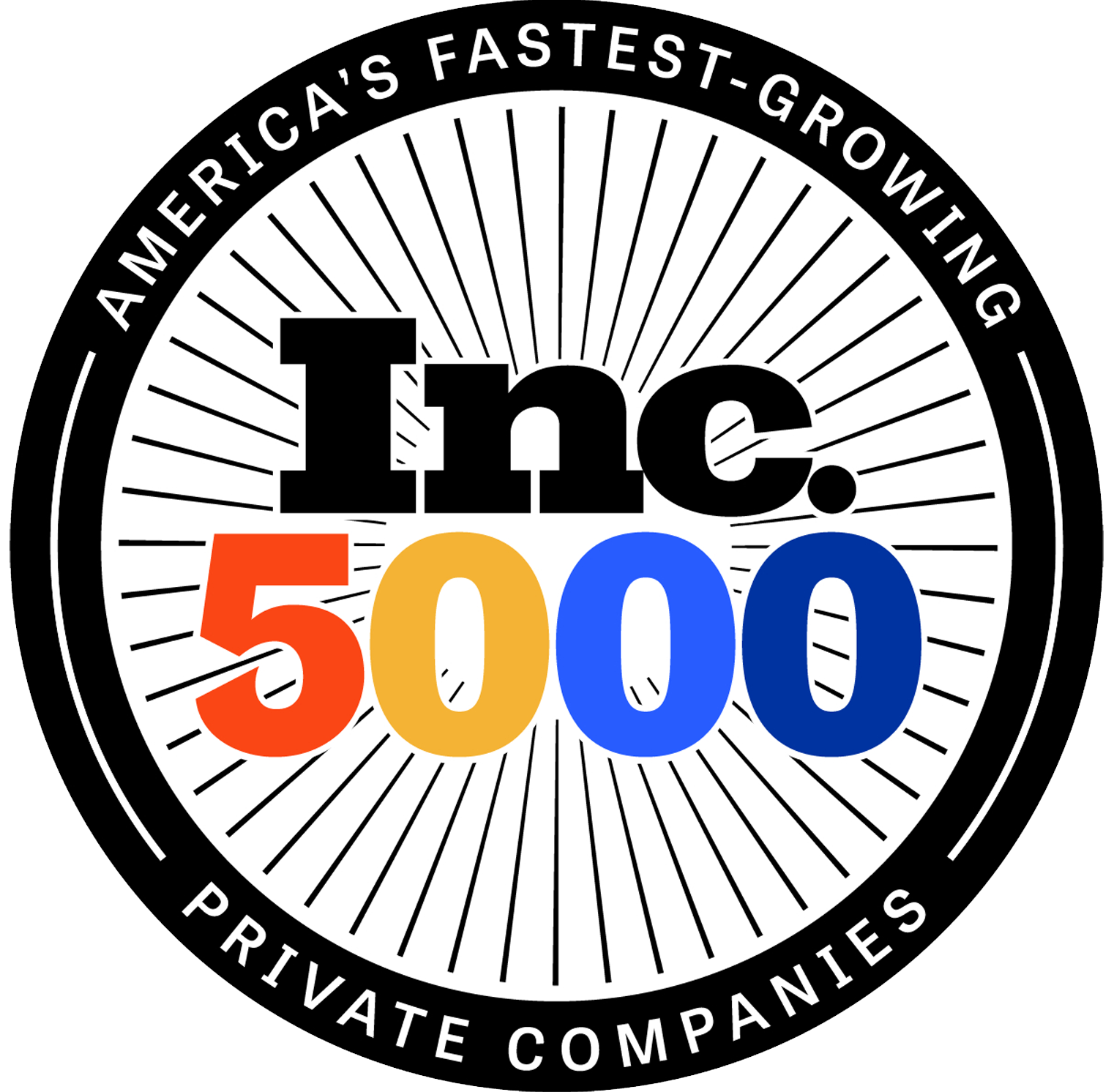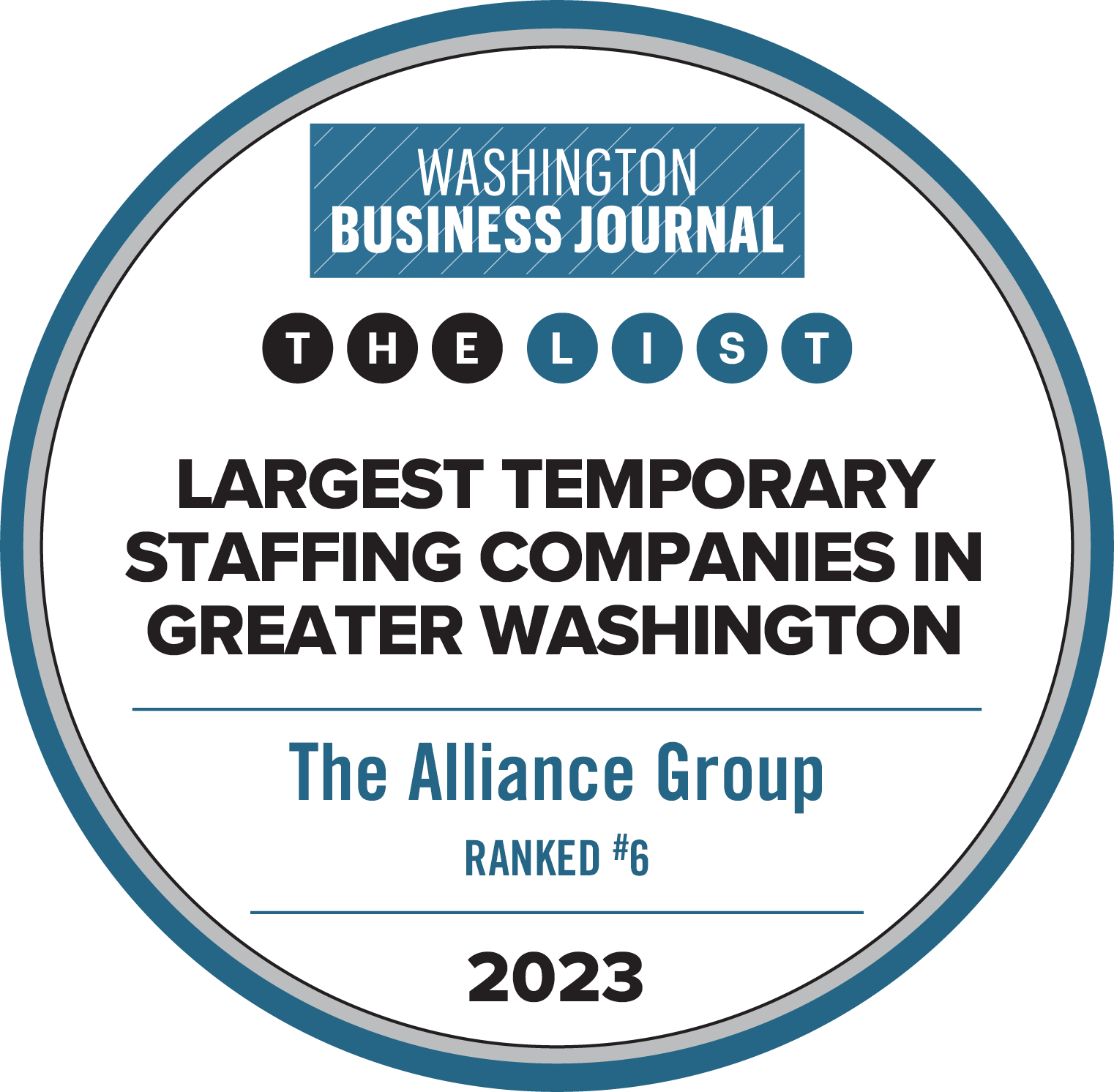
Your Enterprise Resource Planning (ERP) system is the backbone of your business operations, connecting critical processes such as accounting, finance, supply chain, and IT. A healthy ERP can streamline workflows, enhance data accuracy, and empower better decision-making. However, if your ERP isn’t functioning optimally, it could be holding your business back.
Assessing the health of your ERP system is essential to ensure it aligns with your organizational goals and adapts to the ever-changing business landscape. Here’s how to evaluate whether your ERP is helping—or hindering—your success:
Evaluate System Performance
Start by looking at the system’s overall performance. Does it run efficiently, or do users frequently experience downtime and slow processing speeds? Performance lags can disrupt operations and signal underlying issues, such as outdated hardware, software incompatibilities, or insufficient system resources.
- Tip: Monitor key performance metrics like transaction processing times, system uptime, and database response rates to identify bottlenecks.
Assess User Satisfaction
Your ERP’s health isn’t just about technical performance; it’s also about how well it serves its users. Survey employees to gather feedback on usability, training resources, and system reliability. If users find the interface clunky or unintuitive, productivity may suffer, and the ERP’s full potential might go untapped.
Analyze Integration Capabilities
A modern ERP should integrate seamlessly with other systems, such as customer relationship management (CRM) platforms, payroll systems, and inventory management tools. If your ERP struggles to connect with other software or requires frequent manual interventions, it may be time to upgrade or reconfigure your system.
Review Data Accuracy & Reporting
One of the primary benefits of an ERP is its ability to centralize data for accurate reporting and insights. If your reports are incomplete, contain errors, or take too long to generate, this could indicate problems with your data integration or configuration.
- Pro Tip: Conduct regular data audits to ensure the integrity and consistency of information across all modules.
Examine Scalability
As your business grows, your ERP must scale with you. If your system is struggling to accommodate an increase in users, transactions, or data volume, it may be time to evaluate whether your current solution is robust enough to handle your future needs.
Test Security & Compliance
In today’s environment, security is non-negotiable. A healthy ERP system should have built-in features to protect sensitive data and ensure compliance with industry regulations. Regularly test your system for vulnerabilities, update security protocols, and verify compliance with standards like GDPR, SOX, or HIPAA, depending on your industry.
Measure ROI & Business Impact
Lastly, evaluate the return on investment (ROI) from your ERP. Is it delivering measurable value to your business? Consider cost savings, time efficiencies, and strategic insights gained through its use. If the ERP’s benefits aren’t outweighing its costs, it may require a deeper assessment or replacement.
If your ERP is falling short in any of these areas, it’s time to bring in experts who can help optimize your system. Whether it’s reconfiguring your current ERP, upgrading to a new platform, or implementing additional modules, taking action now can prevent long-term operational inefficiencies.
The Alliance Group: Your ERP Experts
At The Alliance Group, our talented team of Accounting, Finance, Business Systems, and IT professionals are here to help you assess, optimize, and transform your ERP system. Whether you need support with system evaluation, implementation, integration, or upgrades, we have the expertise to ensure your ERP is driving success—not holding you back.
Contact us today to discuss your ERP-related projects and let us help you unlock the full potential of your system!







